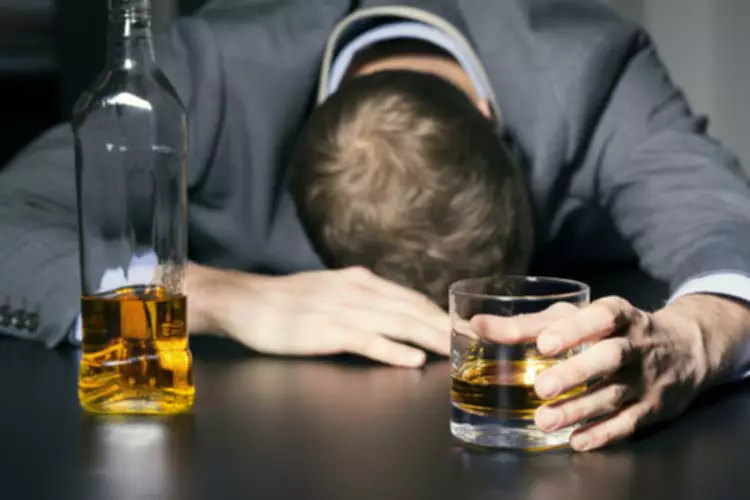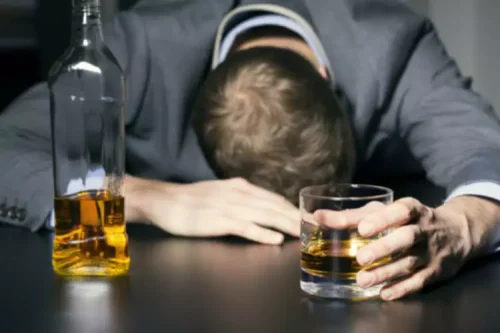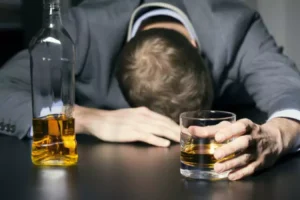
Naloxone hydrochloride nasal spray is currently available both over-the-counter and by prescription, under different brand names. Prescription options include Kloxxado (8 mg/spray), Rextovy (4 mg/spray), and Rezenopy (10 mg/spray). Narcan (4 mg/spray) and ReVive (3 mg/spray) are brand names available OTC.
What Are the Signs and Symptoms of Substance Use Disorder?
Signs and symptoms of substance use vary widely from person to person and depend on the substance, length and severity of use, and an individual’s personality. If someone has symptoms of an SUD, they can talk with their healthcare professional. Over time, the substances or activities change your brain chemistry, and you become desensitized to their effects. Substances send massive surges of dopamine through your brain, too, as well as certain activities, like having sex or spending money. There’s not a single cause of addiction — it’s a very complex condition. A significant part of how addiction develops is through changes in your brain chemistry.
When should I see my healthcare provider about addiction?

Regardless of the specific type of substance a person is using, there will be similar signs and symptoms. Addiction—to prescription and street drugs and alcohol —is a serious problem. If you’re worried that you or a loved one may have an addiction, there are signs to help you know. You can’t prevent all cases of substance use disorder because there are a lot of factors (many of which are outside of your control) that could play a role in how the condition develops.
Lifestyle Quizzes
- “Substance use disorder is a chronic disease,” says Dr. DiGenova, part of Atlantic Health System’s intensive outpatient program for mental health and substance use disorders.
- If you suspect that you or someone you love has a substance use disorder, consider reaching out to a trusted healthcare professional for an evaluation.
Taking some drugs can be particularly risky, especially if you take high doses or combine them with other drugs or alcohol. Despite the name, these are not bath products such as Epsom salts. Substituted cathinones can be eaten, snorted, inhaled or injected and are highly addictive.

Management and Treatment

Medications can help modify your brain chemistry to help treat certain SUDs. Participating in self-help programs, like Narcotics Anonymous, can also play a significant role in SUD treatment. These programs support behavioral modification through self-help and peer support.
- Talk with your health care provider or see a mental health provider, such as a doctor who specializes in addiction medicine or addiction psychiatry, or a licensed alcohol and drug counselor.
- In many cases, a person starts using substances to try to self-treat mental health illness.
- Alcohol use is popular on social occasions, but it can be especially tricky to notice when social drinking slides into alcohol use disorder.
- Occasional drug use, such as misusing an opioid to get high, can have similarly disastrous effects, including impaired driving and overdose.
Healthcare professionals take an individualized approach to treating SUD. For a diagnosis of SUD, a person must meet a minimum of 2 out of 11 criteria from the DSM-5-TR over the course of 1 year. Healthcare professionals may perform a medical exam and take a medical history when diagnosing an SUD. Hallucinogenics, or psychedelics, are a group of drugs that what is the best treatment for substance abuse for older adults alter someone’s perception of their thoughts and feelings as well as what’s around them. The number of criteria a person meets determines the severity of the SUD.
- A provider can help you make adjustments throughout your life as needed.
- It is marked by hallucinations and other signs of psychosis, difficulties with memory, and confabulation, attempts to make up stories to cover gaps in memory.
- How sensitive the test is depends on the substance itself, when the substance was used, and the testing laboratory.
- It is common for people to make many attempts at recovery before succeeding, and many experts in fact view relapse as a normal part of the recovery process.
- Seeking medical care as soon as you have signs of substance use disorder is essential.
- Addiction is a chronic (lifelong) condition that involves compulsive seeking and taking of a substance or performing of an activity despite negative or harmful consequences.
- A person’s genes, ethnicity, gender, and the presence of mental health disorders may all increase the risk of developing an addiction.
- The drugs that may be addictive target your brain’s reward system.
It is possible to be dependent on a substance without being addicted. Physiological dependence can occur with many different kinds of substances, including common medications. Tolerance and withdrawal are not universal features of substance use disorder; hallucinogens, for example, do not create tolerance or withdrawal symptoms. That point differs from one person to the next, due to many biological and situational variables influencing response to a substance.
Health Challenges
With professional medical treatment and commitment, millions of people have overcome substance use disorders and behavioral addictions to live happy, healthy lives. Talk to your provider about a treatment plan that works for you. With treatment, many people manage addiction and live full, healthy lives.

When it comes to the rainbow of experiences in trauma therapy, there are many common themes. Tusi or pink cocaine is a concoction that mixes highly addictive drugs. Those who are high also display perceptual disturbances, problems with attention, disrupted thinking patterns and easy confusion, as well as difficulties relating to others. Opioids are narcotic, painkilling drugs produced from opium or made synthetically. This class of drugs includes, among others, heroin, morphine, codeine, methadone, fentanyl and oxycodone.
For spouses and family members of those with substance use disorder, it may be vital that you get involved in a support group (such as Al-Anon) and seek help from a mental health professional as well. Many different types of medications are commonly prescribed to help treat substance use. The type of drug prescribed depends on many factors, including the phase of treatment a person is in. You may want to reach out to a friend or loved one for support as you start your treatment journey.
